Tehran(Bazaar): Russia and China as both multipolar Great Powers are trying to pioneer independent financial and other channels to remove the strategic vulnerabilities that come with using US-dominated ones, Andrew Korybko tells Bazaar in an exclusive interview.
He also says that Russia has almost no current economic interests in Ukraine apart from that neighboring country serving as a transit state for exporting energy to the EU.
Following is the text of the interview:
Bazaar: Russia_Ukraine conflict is considered by some to mean the weakening of the liberal order after World War II. NATO has failed to act as a deterrent, and the European Union is not even united in its sanctions against Russia. What is your assessment of this issue?
Korybko: Russia officially considers its military action there to be a special operation and not an “invasion”. It was immediately triggered by Moscow seeking to protect the indigenous Russian people of Donbass from Kiev’s genocidal attacks after the latter initiated a third round of civil war hostilities the week prior.
As for the US-led Western liberal order, it might actually strengthen in the Euro-Atlantic space after America consolidates its unipolar hegemony over its traditional “sphere of influence” in response to the latest events by using the supposedly shared goal of “containing” Russia as the pretext for doing so.
Bazaar: European countries are dependent on Russian energy, and their commercial interests have prevented them from imposing sanctions on Russia’s use of SWIFT. Why can't Europe act as a bloc against Russia?
Korybko: The bloc is indeed acting against Russia after excluding its sanctioned banks from SWIFT, though it’s unclear whether they’ll impose any restrictions on the energy imports that they receive from the Eurasian Great Power and upon which many of them are disproportionately dependent.
Bazaar: The Europeans have called for the strengthening of NATO's eastern wing. On the other hand, attempts have been made to form a joint European army, but the crisis in Ukraine shows that it has failed. Can Europe's economic and military power be an obstacle to the order that Russia, and especially China, is planning?
Korybko: What Russia and China, whether on their own or jointly, is planning can only be speculated upon but both had hitherto supported the Europeans obtaining greater strategic sovereignty. The current context, however, suggests that any move towards a European Army would be done to delegate US-led NATO’s military operations on the continent and result in more so-called “burden sharing” among its vassals.
It therefore wouldn’t be a move towards greater strategic sovereignty like some previously considered such a scenario to be but the exact opposite: a strengthening of the US’ unipolar hegemony over the EU.
Bazaar: What are China's economic interests from the Ukraine crisis and Russia's involvement in it?
Korybko: President Xi Jinping and the Chinese Ambassador to Ukraine both praised their country’s economic ties with that former Soviet Republic in January when commemorating the 30th anniversary of bilateral relations.
Beijing earlier seemed to have thought that this country could serve as a bridge for facilitating its Belt & Road Initiative’s (BRI) vision of connecting the supercontinent, though it’s unlikely to play such a role considering recent events and they’re likely lingering consequences.
As for Russia, it has almost no current economic interests in Ukraine apart from that neighboring country serving as a transit state for exporting energy to the EU.
Bazaar: Will the Ukraine crisis lead to more serious cooperation between Russia and China on independent financial channels in the future?
Korybko: Russia and China already agreed on a reaffirmed strategic partnership pact during President Putin’s visit to Beijing in early February so they’ve been cooperating very closely even before the onset of Moscow’s special operation in Ukraine. Both multipolar Great Powers are also trying to pioneer independent financial and other channels to remove the strategic vulnerabilities that come with using US-dominated ones. Both trends are expected to continue unfolding into the future.

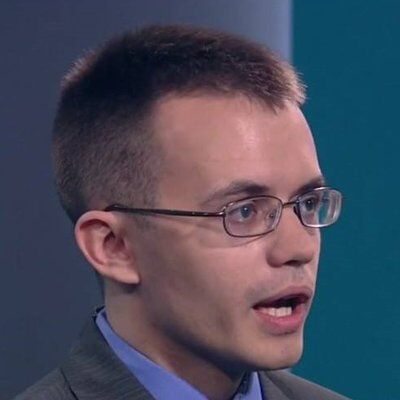




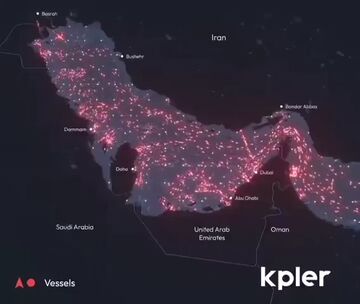
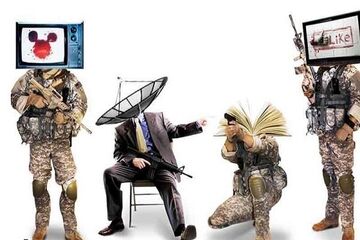
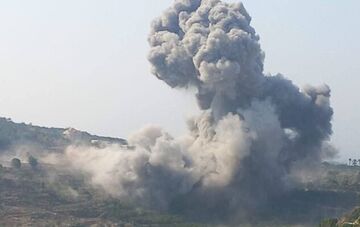

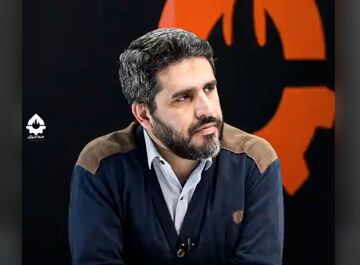
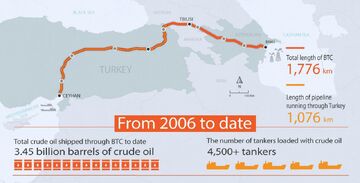



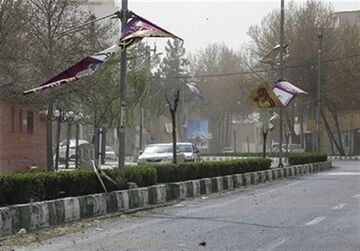
نظر شما